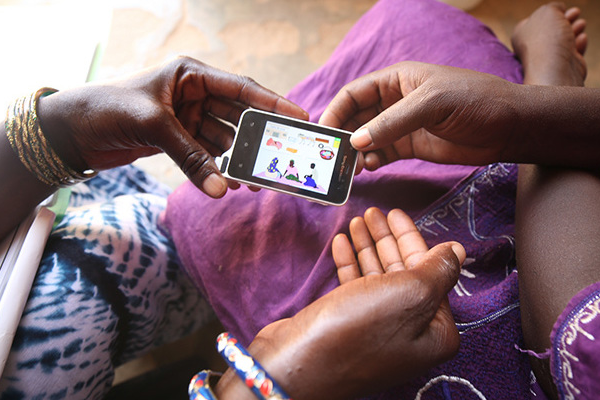
What is ICT4D?
Information and Communications Technologies for Development (ICT4D) is the use of digital solutions to magnify the intent of communities to accelerate their social and economic development.
Information and communication technologies (ICT) include hardware, software, content, and the design and implementation methodologies required for their successful adoption. ICT4D employs all technology interventions that can assist poor and marginalized people. Radio, television, mobile phones, artificial intelligence, blockchain, UAV drones, and geographic information systems are common digital tools.
Who Uses ICT4D Solutions?
ICT4D advisors use digital development approaches to deploy cutting-edge innovations in the world’s more difficult environments. They work to reduce the digital divide in education, healthcare, agriculture, and civil society. Advisors ensure equitable access to information and communication technologies around the world, minimizing disparities in gender, geography, and wealth.
Experts in ICT4D solutions work for major donors, like USAID, DFID, and the Gates Foundation, their implementing partner organizations, and humanitarian aid organizations. They also work in national and local governments, and the private sector.
What Are ICT4D Solutions?
ICTs are deploying in multiple sectors to improve international development outcomes. Here are the three most popular ICT4D solution areas:
- Healthcare: Mobile phone applications can help patients self-diagnose their ailments using the camera, microphone, or other sensor. Front line health workers can use electronic medical records to track patients, and healthcare managers employ big data and algorithms to see disease patterns at national scale.
- Education: Students read eBooks to improve their reading ability while teachers employ computer-assisted adaptive testing to understand learner needs. School headmasters leverage educational management information systems to predict learning solutions.
- Agriculture: Farmers work with drones and GIS to modernize farming practices taught by extension agents trained in online learning programs. Ministries estimate crop yields with real-time satellite data.
Examples of ICT4D Solutions
ICTworks is constantly researching emerging ICT4D programs to identify successful interventions and share lessons learned with our growing readership. You can learn more about impactful projects in the expanding list below:











